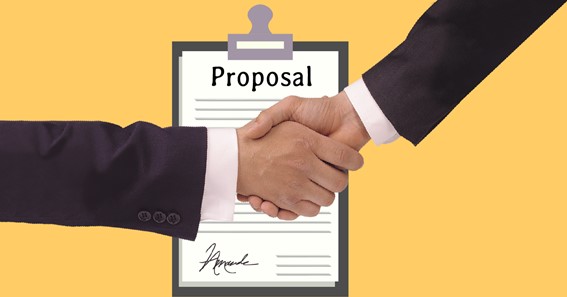A consumer proposal is a formal settlement between consumers and their creditors. It is an alternative to bankruptcy available to individuals who do not have the means to repay their delinquent debts but do not wish to incur the penalties of having their wages or assets seized by creditors. It gets viewed as an excellent way to handle your debt problems. It’s a legal process where a debtor who can no longer pay their bills can come to terms with their creditors regarding how much will get paid back, at what rate of interest, over how many years, etc. It must all be done before bankruptcy becomes a genuine, legal issue. Are you looking for information on the Consumer Proposal process and what it means for you? Powell Associates Ltd can help resolve your debts through a Consumer Proposal.
There are many reasons why a proposal may be the solution to your problem with debt. This article outlines why you might want to consider this alternative if you are struggling with unmanageable debt.
Consumer Proposal?
A consumer proposal is a formal legal agreement between you and the creditors that acts as a bankruptcy alternative. The amount offered will be based on what you can afford, which could be as little as 25% of what you owe. If creditors accept your proposal, the remaining balance will get written off. All collection calls and legal actions stop when you file a consumer proposal. You do not need permission from your creditors to file a consumer proposal, although it will get presented to them for approval. In many cases, creditors receive more money from your submission than they would if you filed for bankruptcy.
In addition to a proposal from the creditor, you must submit a list of your creditors and the debts that you cannot pay. The proposal must outline your present financial status, including your income and expenses types and amounts. It must list all creditors, including secured creditors with collateral, how each debt arose, information on where and when you obtained credit, and whether you have ever declared bankruptcy. You also need to provide your most recent tax return.
What Debts Can Get Settled Through Consumer Proposal?
Two types of debts can get settled through a consumer proposal: unsecured and secured debts.
- Secured debt is debt backed by the lender’s claim on a borrower’s collateral, such as real estate or other property. If the borrower fails to repay the debt, the collateral can get seized by the lender (the creditor).
- Unsecured Debt-Unsecured debts are debts where the creditor has no legal right to take any specific property if the debt didn’t get paid.
These include:
- credit cards;
- personal loans;
- medical bills;
- collection agency accounts;
- utility arrears
Creditor judgments. For example, if you owe $20,000 in credit card debt and $25,000 in income tax debt and file for bankruptcy, the first $20,000 of your income tax debt will be eliminated; however, the remaining $5,000 will not. By filing for a consumer proposal instead of bankruptcy, you can stop the entire $25,000 owed to the Canada Revenue Agency.
A consumer proposal will:
- Stop interest on all debts included in the proposal
- Stop wage garnishments and collection calls
- Stop legal action by your creditors and allow you to pay what you can afford
- Allow you to keep assets like your home and car
- A consumer proposal is a good solution if:
- You have more than $5,000 in total unsecured debt (debt not secured by property or assets)
- You are unable to meet your monthly debt payments as they come due
- You can pay some or all of the debt back
A Consumer Proposal is a proposal from a debtor to their creditors concerning repayment of the debts owed. Under the Bankruptcy and Insolvency Act, consumers can file for a consumer proposal under the CCAA regime where all unsecured creditors (except for banks and government agencies) get considered. The CCAA is similar to bankruptcy under the Bankruptcy and Insolvency Act, but it allows for an expedited process in which creditors generally vote in favor of the consumer proposals. If most creditors agree to accept less than what the debtor owes them, the court orders bankruptcy. Once this happens, a Trustee will get appointed by the Office of the Superintendent of Bankruptcy Canada (OSB) over your financial affairs. You will no longer be able to perform certain acts, such as entering into contracts without consent from OSB.







